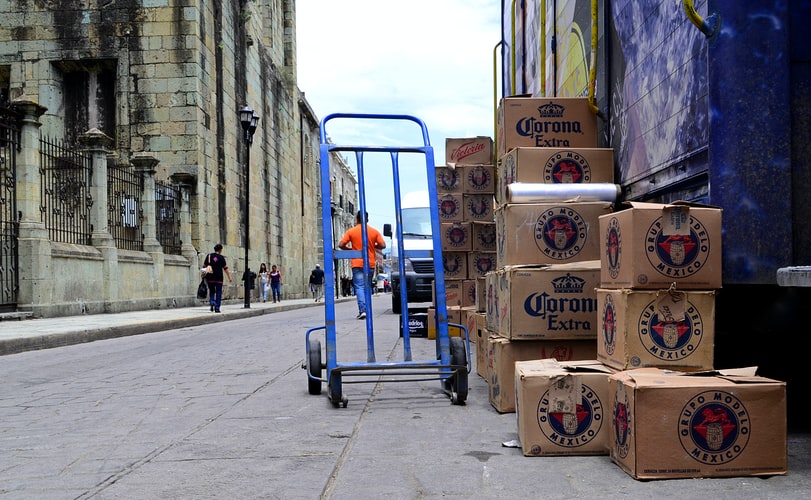Victor Restis Reflects on Forward Paths of Supply Chains


The world is steaming ahead forward despite slowdowns in global commerce. Time and time again, technology is the main driving force of progress, and it seems that once we get accustomed to a new technology, it becomes quickly outdated. New, emerging technologies being introduced keep the circle moving. In this article, Victor Restis, a Greek shipping magnate and president of Enterprises Shipping and Trade, touches on how technology is helping the international shipping and trade industry is looking forward to in the near future.
Mr. Restis points out that emerging technologies like VR (virtual reality) and AI (artificial intelligence) are in the mix and being researched and implemented nearly every day (when applicable). VR and AI are the future of digital technologies and since they are both based on the global connectivity of the internet, the possibilities seem nearly endless. When it comes to global supply chains, it matters to be the fastest, safest, and reliable carrier.
Technology is built to enhance the human experience. VR and AI-driven technologies, especially with machines is very interesting. Another segment of AI tech is machine-learning. This is where new technologies are being implemented at a much faster rate. Mr. Restis says the international shipping and trade industry is taking full advantage of technology – both AI and robotics – for crews and vessels.
Targeting maritime personnel, technology is being applied for HR and training programs such as distance learning and recertifications. Safety tests and other operational training programs are other areas of use where technologies are being focused. Using technology to administer these programs is both timesaving and cost-effective. Instead of seafarers conducting these tests in a classroom setting, many times, they can now perform these professionally mandated courses, from home during downtime, or during scheduled times onboard their vessel.
Discussions about automating processes, including AI powered self-steering cargo ships are plentiful. Mr. Restis says that autonomous shipping is an unlikely scenario in the near future, but it is being tested under close human supervision.
The other area where technology will be applied to bring the industry into the future is in the area of carbon emissions. Reduction of carbon emissions due to fossil fuel burning vessels is a significant focus of the maritime industry, and it is facing pressure to reduce carbon emissions dramatically by 2030 and 2050. Mr. Restis points out that the technology required to reduce carbon emissions has faced great challenges in the past but with the latest available technologies, has made significant strides, considering the very demanding rules and regulations imposed within a relatively brief period.
